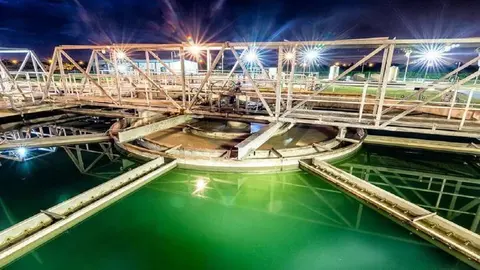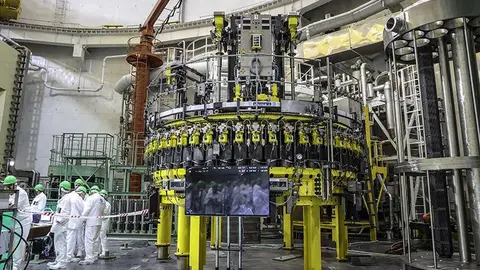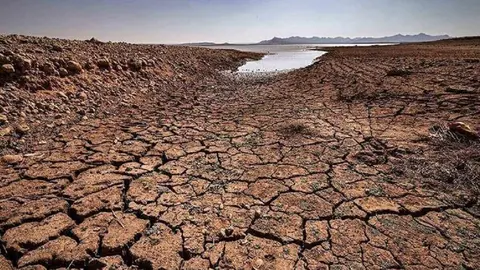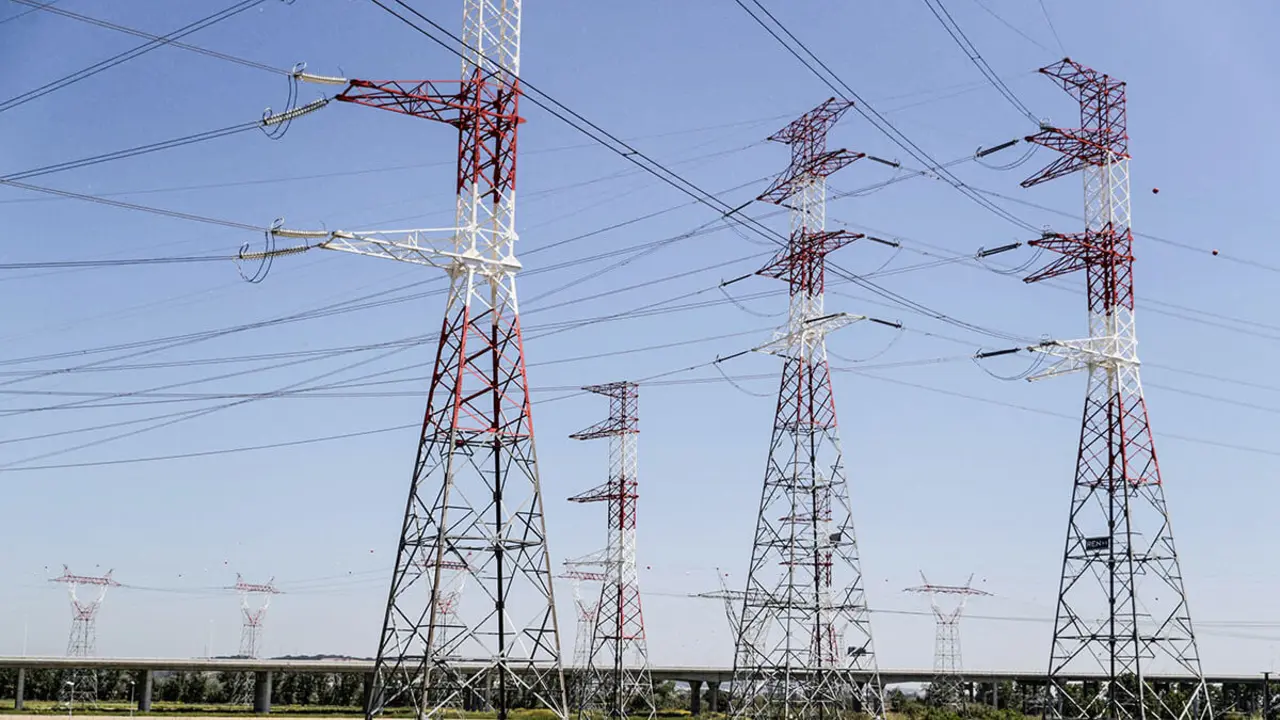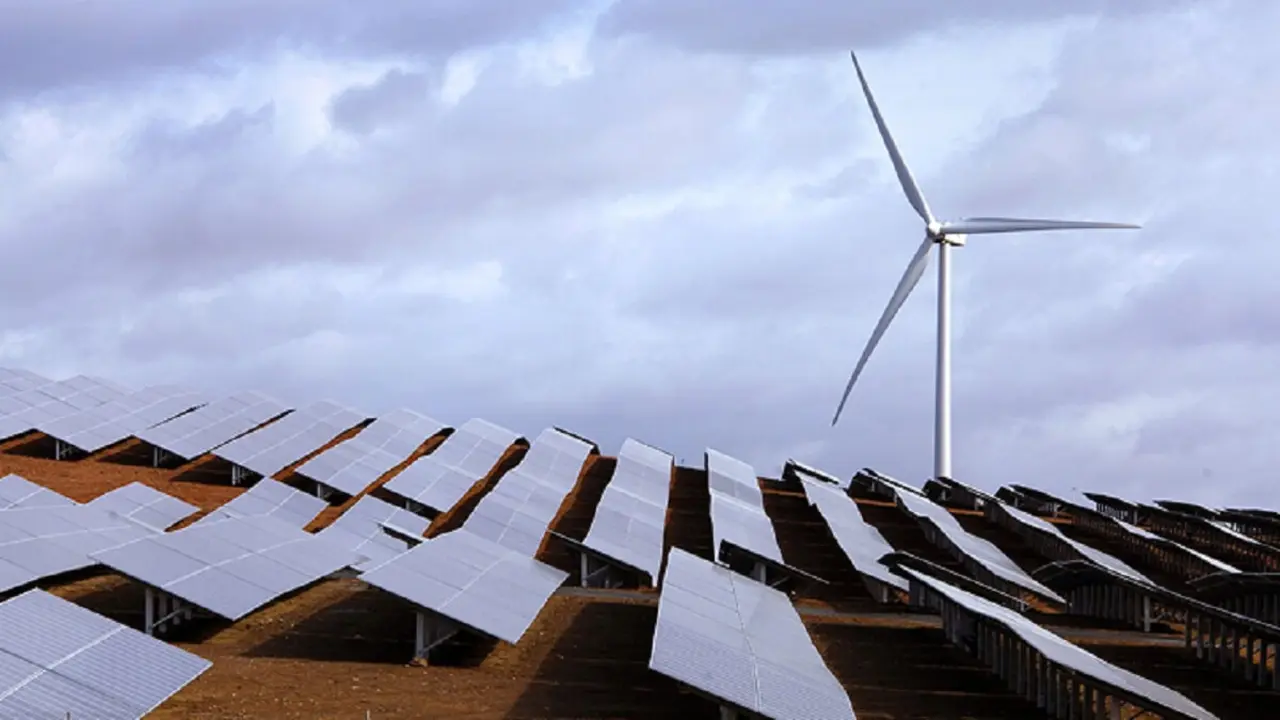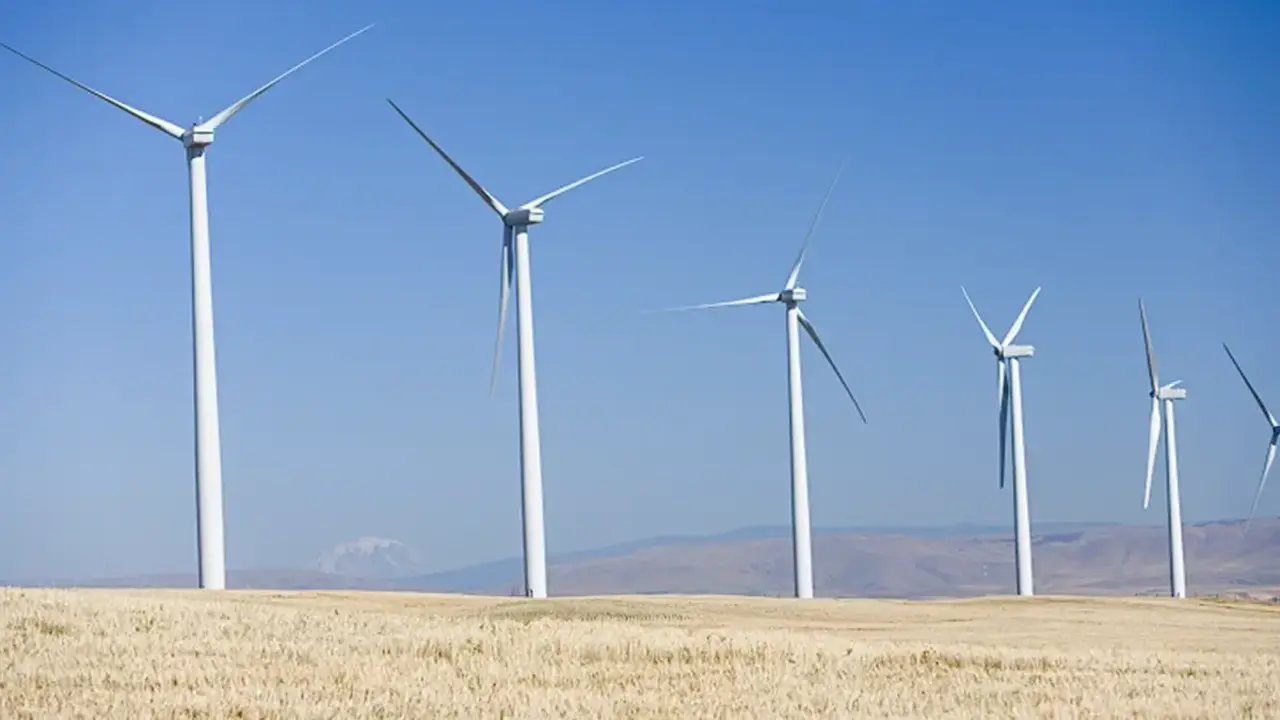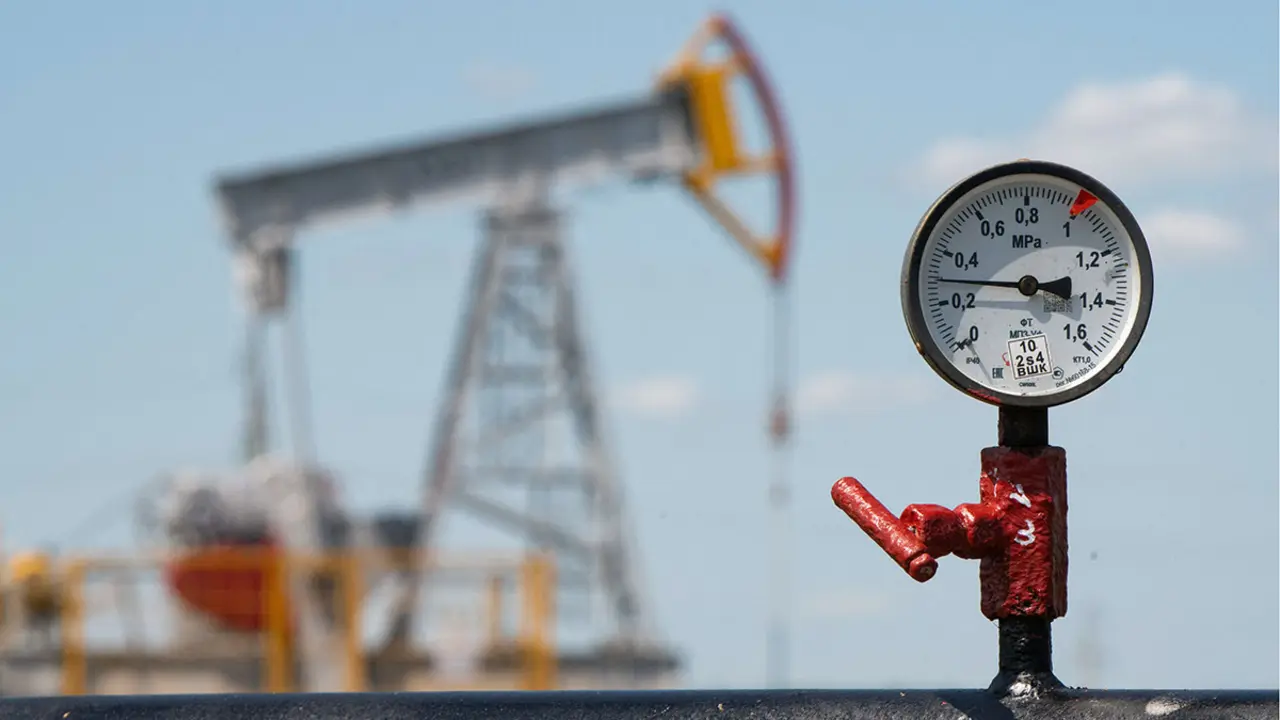Morocco's uranium could solve water crisis

The recent agreement signed between Morocco and the Russian State Nuclear Energy Corporation (ROSATOM) during the second Russia-Africa summit held in St Petersburg at the end of July has highlighted the Kingdom's great potential on the world uranium market.
Moscow has long looked with interest at Morocco's reserves, as the North African country holds approximately 73% of the world's phosphate rock reserves, which in turn contain approximately 6.9 million tonnes of uranium, the largest supply available in any country. This is according to expert Michael Tanchum in his latest analysis in the Middle East Institute. According to geological estimates, Morocco's phosphate rock is three times the uranium content of reserves in other exporting countries such as Australia.
The Moroccan state-owned OCP (Office Chérifien des Phosphates), which specialises in phosphate mining and fertiliser manufacture, has been producing phosphoric acid, an intermediate in the manufacture of phosphate fertiliser from which uranium can be recovered, since the 1980s. As Tanchum points out, in 2020 alone, OCP produced 40.7 million tonnes of phosphate and 7.1 million tonnes of phosphoric acid.
Given Morocco's potential in this field, Rabat is considering cooperation with Rosatom, particularly in the field of seawater desalination, as Tanchum points out. This process is energy-intensive, which prevents its widespread use in the Middle East and North Africa, regions facing challenges such as water scarcity and drought. However, desalination can become an affordable process if nuclear power is used. Here, Moroccan uranium plays a key role, an element that could become the solution for supplying water for agriculture and human consumption.
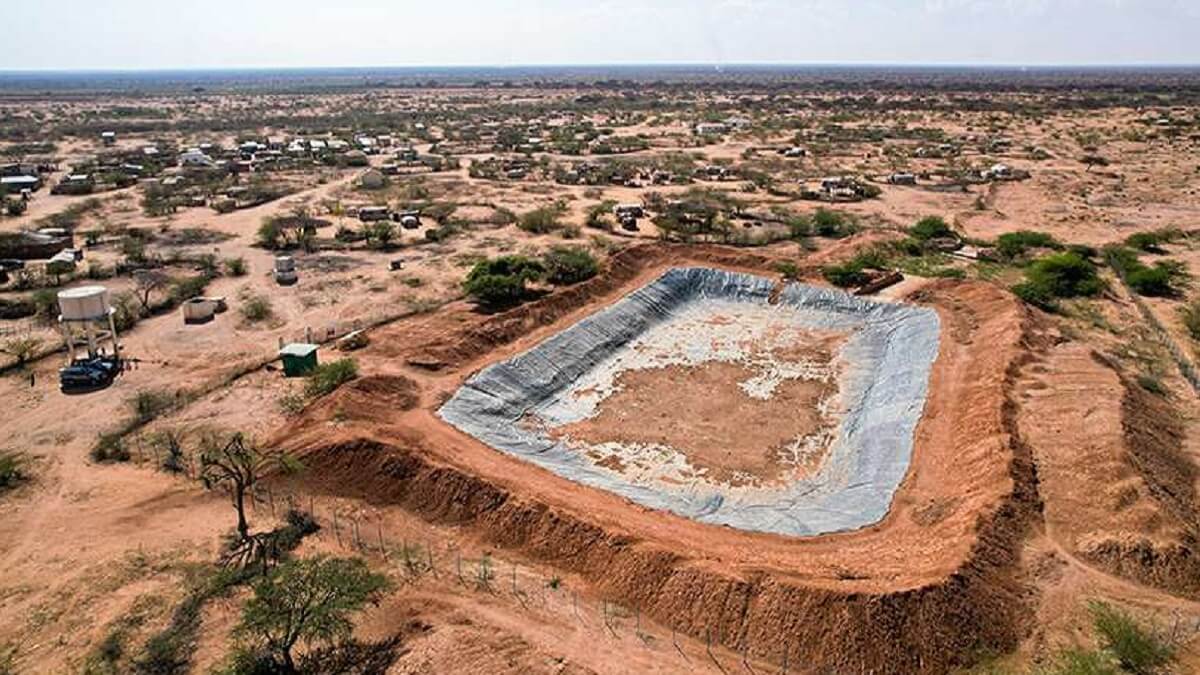
With this objective in mind, on 27 July, within the framework of the Russia-Africa summit, the Moroccan company Water and Energy Solutions signed a memorandum of understanding (MoU) with Rusatom Smart Utilities, a subsidiary of Rosatom. This agreement aims to explore the development of water desalination plants in Morocco using Rosatom's technology to provide water for agriculture, industry and human consumption.
This will be particularly useful for the Kingdom, as for months the authorities have been developing measures to cope with the severe drought affecting the national territory. "Russia could provide nuclear-powered desalination solutions to water-scarce countries in the MENA region and adjacent areas of sub-Saharan Africa," says Tanchum.

Despite the current tensions between Russia and the West due to the invasion of Ukraine, Tanchum reminds that Rusatom Smart Utilities is not subject to US or European sanctions, so nothing will stand in the way of this collaboration. This MoU follows on the heels of a memorandum of cooperation signed in 2017 by the Moroccan Ministry of Energy with Rosatom.
Similarly, at the end of last year, the Russian government approved a partnership treaty with Morocco in the field of peaceful atomic energy. Through this agreement, Moscow agreed to help the North African nation create and improve nuclear energy infrastructures, as well as water desalination plants and elementary particle accelerators.
The strategic partnership between Morocco and Russia in this field was reinforced during the first Russia-Africa Summit, held in Sochi in 2019. On that occasion, Morocco's MYA Energy reached a $2.3bn deal with Russian state development corporation VEB to build a petrochemical complex and oil refinery in northern Morocco.
Russia has similar partnerships with other countries with the same problems, such as Turkey and Egypt. However, Morocco's water crisis is particularly serious, as the country could be in 'extreme water scarcity' by 2050 unless immediate action is taken, something the government is working on under King Mohammed VI's directives.


